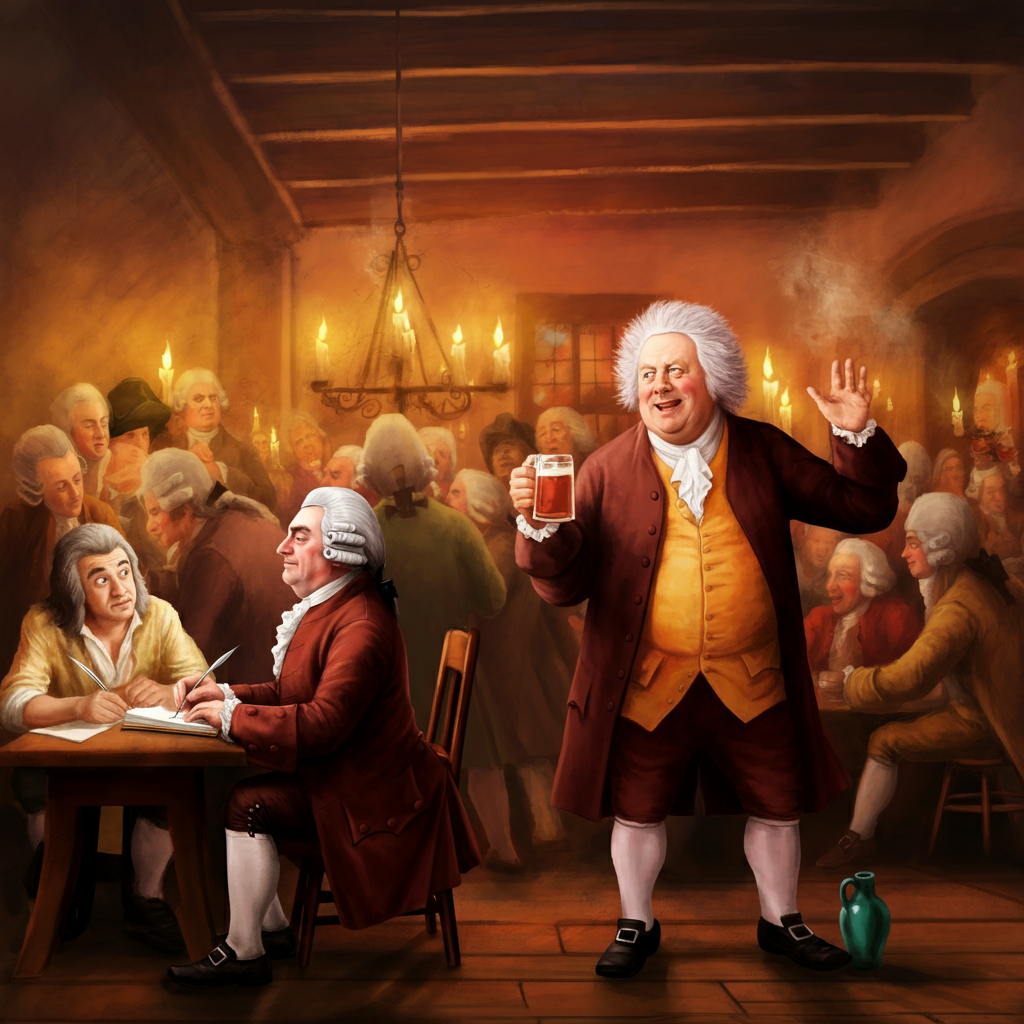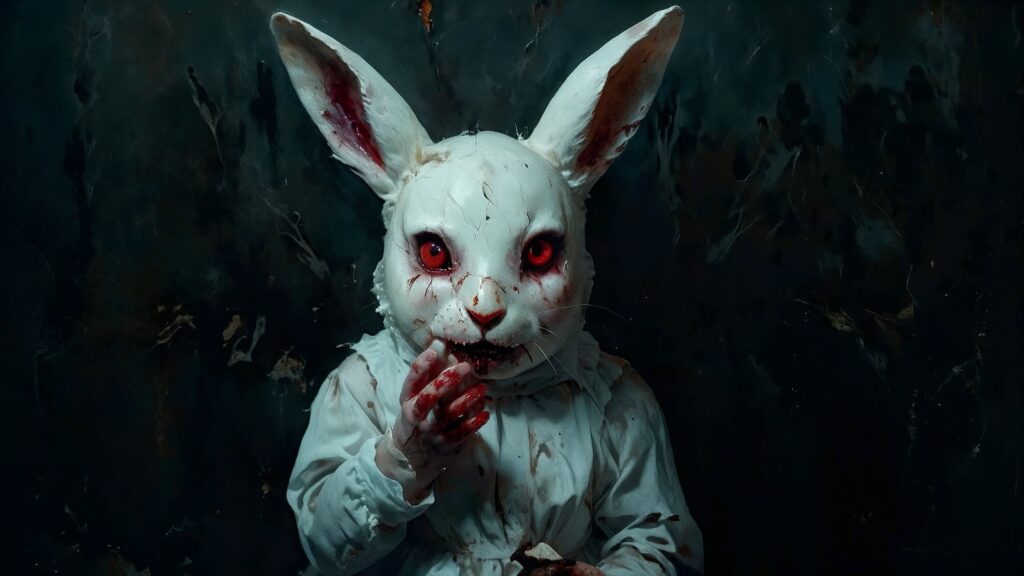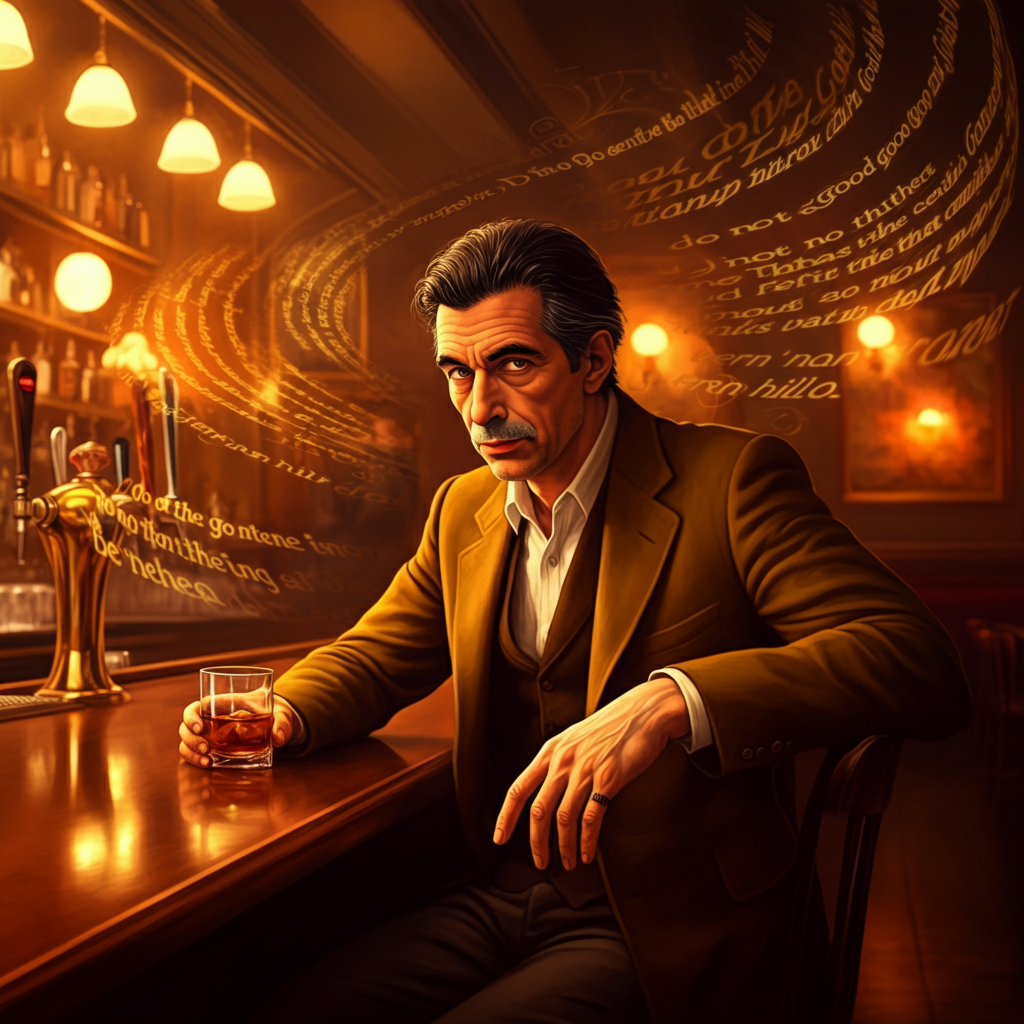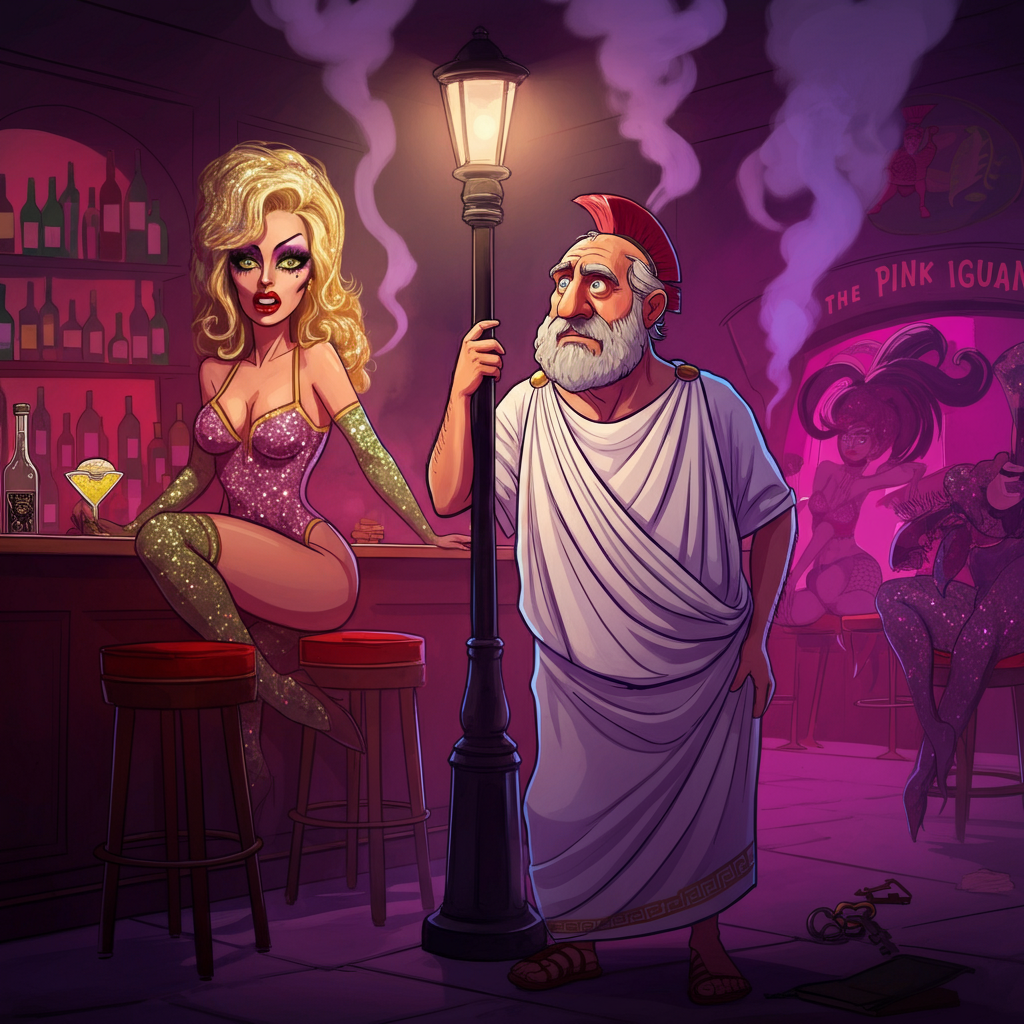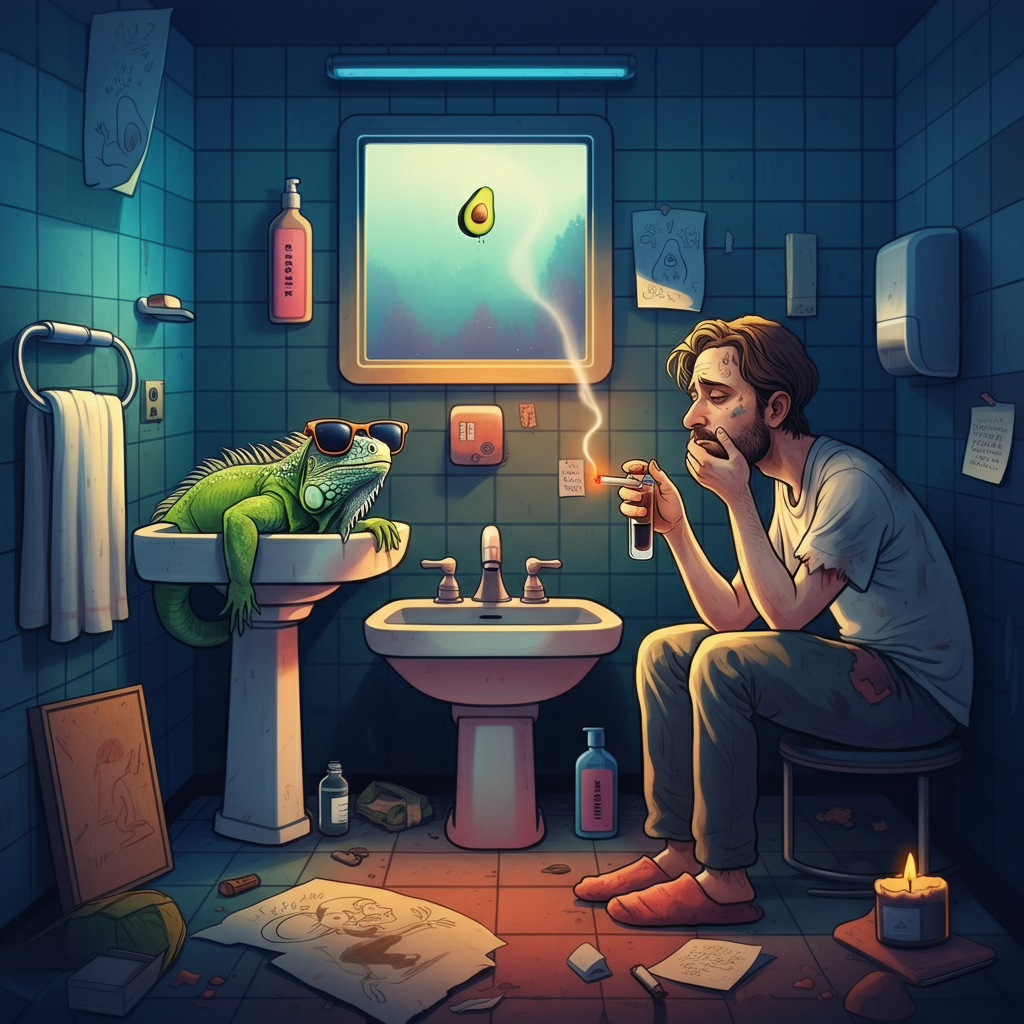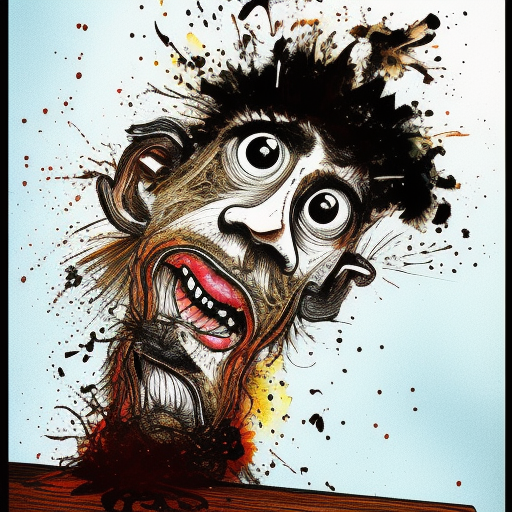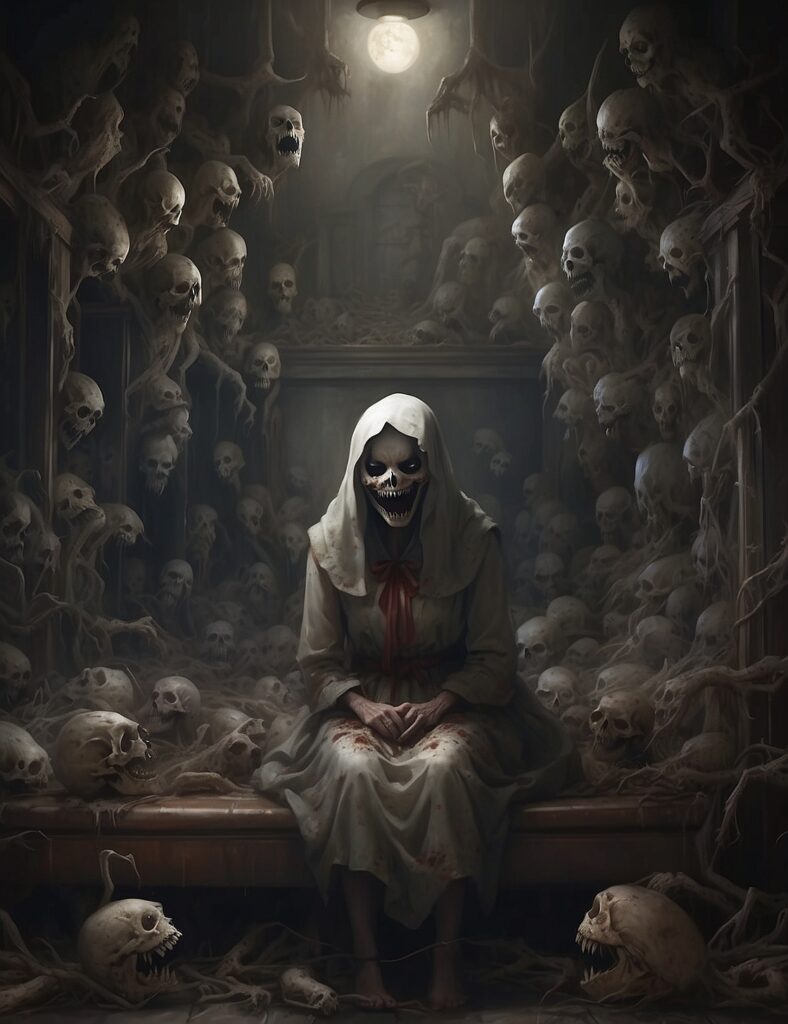
Hot damn, dear reader! Tomorrow is Halloween, the New Year’s Day of the damned, the divine, and the deliriously decorated. The annual ritualistic disembowelment of the pumpkins is complete, carved with surgical precision and a touch of psychosis. Their malignant grins, a series of jagged and frankly unsettling triangles that leer like they know something about you that you don’t (and they do…they absolutely do), now illuminate the porch of the Safe House, casting a light that feels less like a welcome and more like a warning. Which is, of course, the point. Out here, where the treeline get thick and the ambient weirdness is a constant, low-grade hum, the 30th of October serves as the true demarcation. Forget that champagne-and-confetti horseshit at the end of December; tonight is New Year’s Eve on the Gallaway Calendar.
This is the precipice, the final, deep breath before the glorious plunge. Tomorrow, the veil gets so thin you could poke a finger through it and touch something cold and long-dead on the other side. Not that the vibe here at the command center every deviates far from this particular frequency. We exist in a state of perpetual autumn, a kind of year-long Samhain simmer. Which is to say: cobwebs are not seasonal, they’re structural. Skeletons aren’t props, they’re roommates. The Safe House doesn’t do transitions – it marinates in perpetual October. The aesthetic is year-round: a curated chaos of thrift-store taxidermy, flickering orange lights, and the faint scent of cinnamon and brimstone. If Martha Stewart and Aleister Crowley had a baby and raised it in a haunted bowling alley, that baby would call the Safe House “home.” The difference now is the rest of the world, for one fleeting, candy-coated night, finally gets the memo. They catch up.
And then, as if the cosmos itself decided to sweeten the deal with a temporal cherry on top, we get the Fall Back. This weekend, we reclaim that stolen hour. We bend time back to its proper, non-daylight-saving configuration – what can only be described as Real Time. An allegedly “extra” hour to exist within the perfect, chaotic apex of the year. An extra sixty minutes of darkness and possibility. Could things possibly ascend to a higher plane of perfection?
Fuck yes, they could. The forecast, that meteorological oracle of institutionalized guesswork, whispers of a potential deluge later this week. A solid gray sky-opening wash of rain to cleanse the psychic palate and settle the dust.
So here we stand, on the threshold of our New Year, with carved gourds bearing witness and the promise of temporal normalcy and a biblical drenching on the horizon. The air is electric with the correct kind of wrongness. Let the saccharine charade of the straight world have its day. We know what time it really is.
So light your candles. Lace up your boots. Put on something that makes you look like you escaped from a Victorian asylum or a failed goth band. This is the night before the night. The last gasp of the old year. The first breath of the new. And if you’re lucky, you’ll wake up Sunday soaked, slightly hungover, and reborn. Happy Halloween Eve. Let’s get weird.
N.P.: “Night of the Wolf” – Nox Arcana
